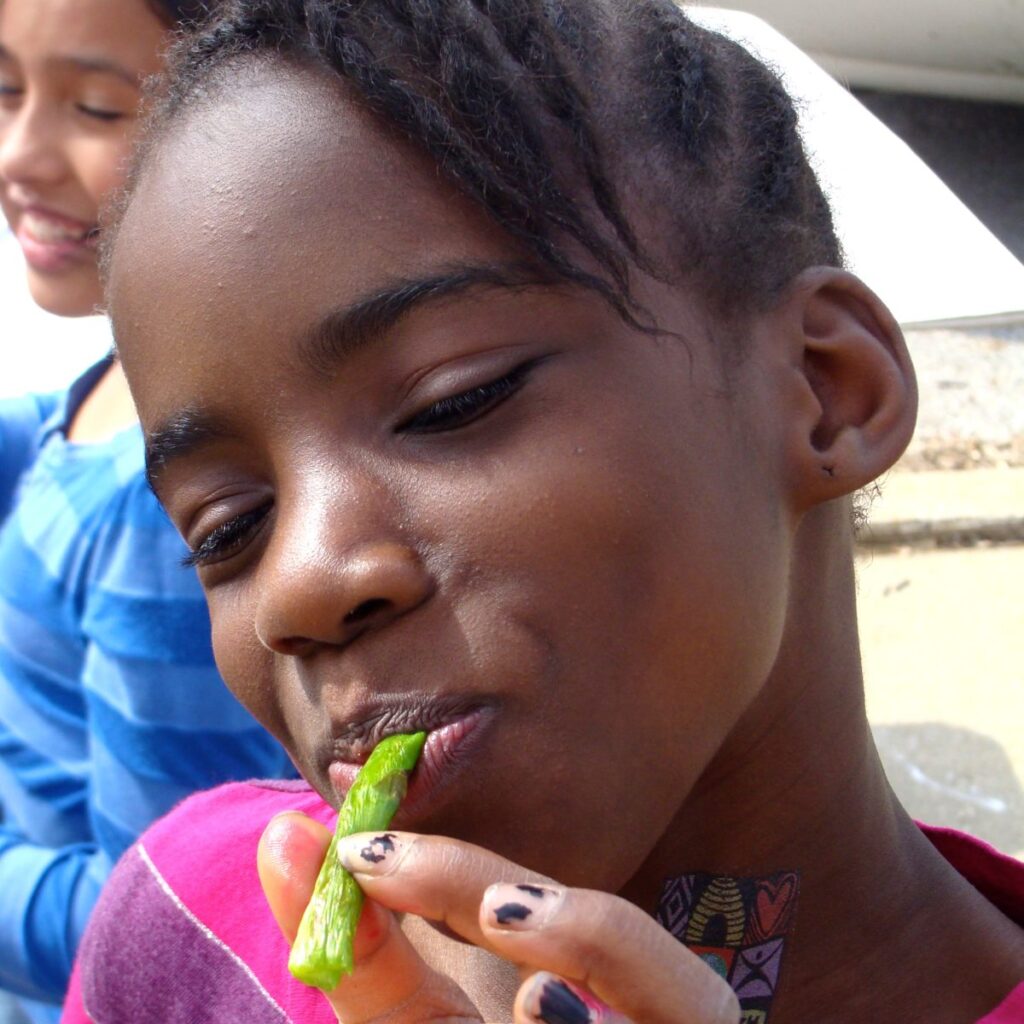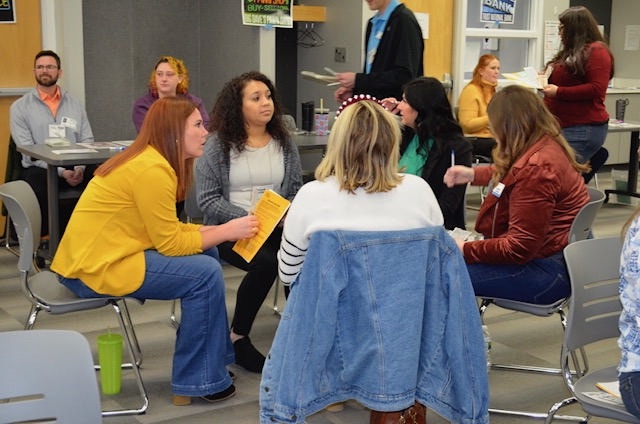Day of the Girl
October 11 is International Day of the Girl. This is an opportunity to celebrate the power of girls, discuss the challenges girls face worldwide, and take action to advance the rights of girls everywhere. The statistics are staggering:
- Worldwide, 4 out of 10 girls are not completing secondary school.
- About 90% of adolescent girls and young women do not use the internet, while their male peers are twice as likely to be online.
- More than 100 million girls are at risk of child marriage in the next decade. Source: UN
International Day of the Girl Child has its roots in the 1995 World Conference on Women in Beijing when girls’ rights were specifically called out. In 2011 the United Nations General Assembly declared October 11 International Day of the Girl Child. This complements the annual International Women’s Day on March 8, which started in 1975.
I would like to recommend two insightful activities that prompt discussion for both students and adults:
- Check out the UN’s Unpaid Care Work Calculator. Globally, girls aged 5-14 spend about 160 more hours every day on unpaid care and domestic work than boys the same age.
- In this From Where I Stand lesson plan, students tally up gender data of community, regional, and national leaders. Then, they create a visual showing the current gender disparities in leadership.



Adolescent girls have the right to a safe, educated, and healthy life. Together we can bring about change in our community. We need to learn our history and choose leaders who will invest in change globally.







